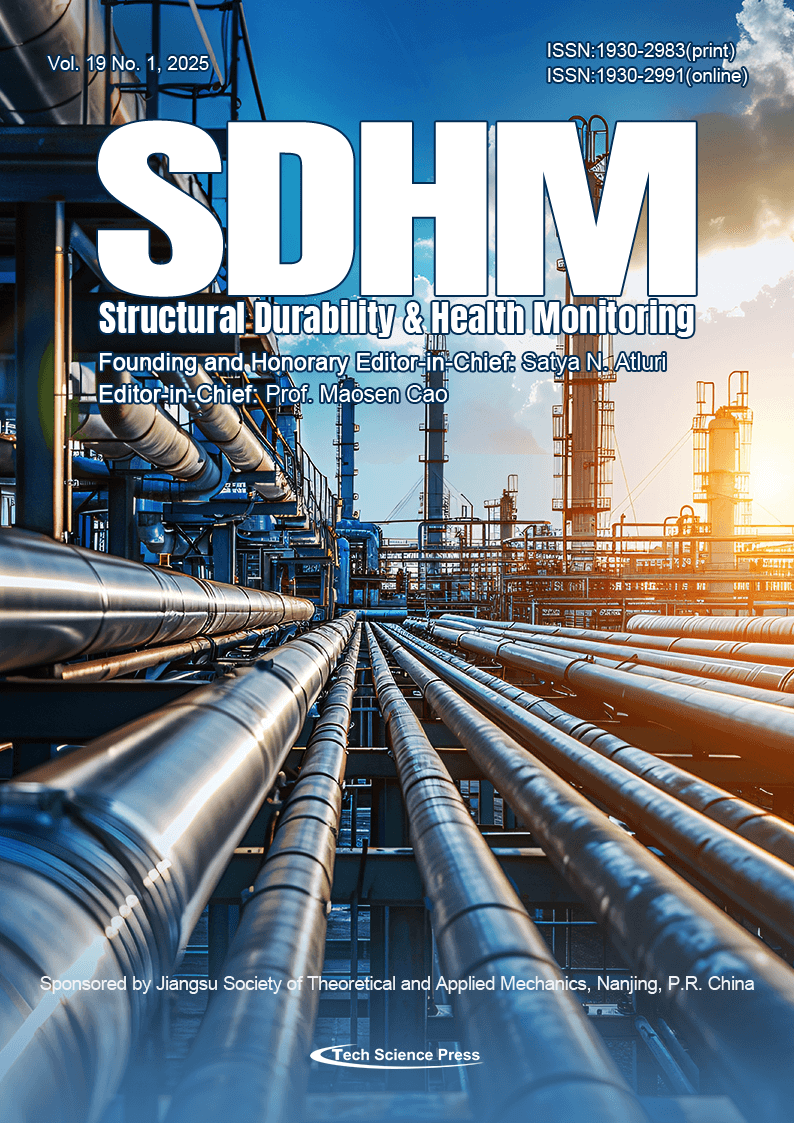
Crack propagation along main steel gas pipelines, often leading to devastating avalanche fractures, is a prevalent issue, especially in regions like Kazakhstan where over 70% of pipelines are deteriorated. Traditional solutions like reinforcing pipe material or altering operating conditions are economically unfeasible. This article delves into the latest research on mitigating this problem, exploring how factors such as material corrosion and stress concentration impact pipeline integrity. It highlights innovative numerical modeling approaches that consider dynamic deformation, plastic properties, and temperature effects to localize crack propagation effectively. This work not only advances the understanding of pipeline failure mechanisms but also offers cost-effective strategies to enhance safety and reliability in gas transportation infrastructure.
View this paper